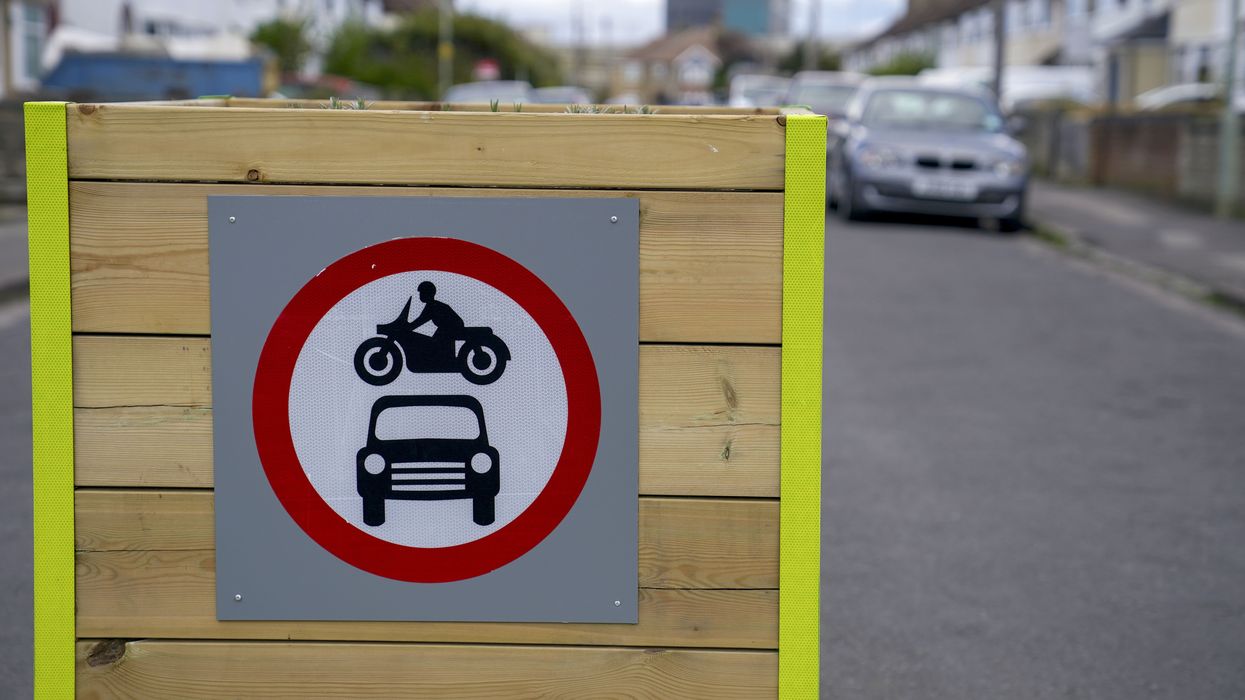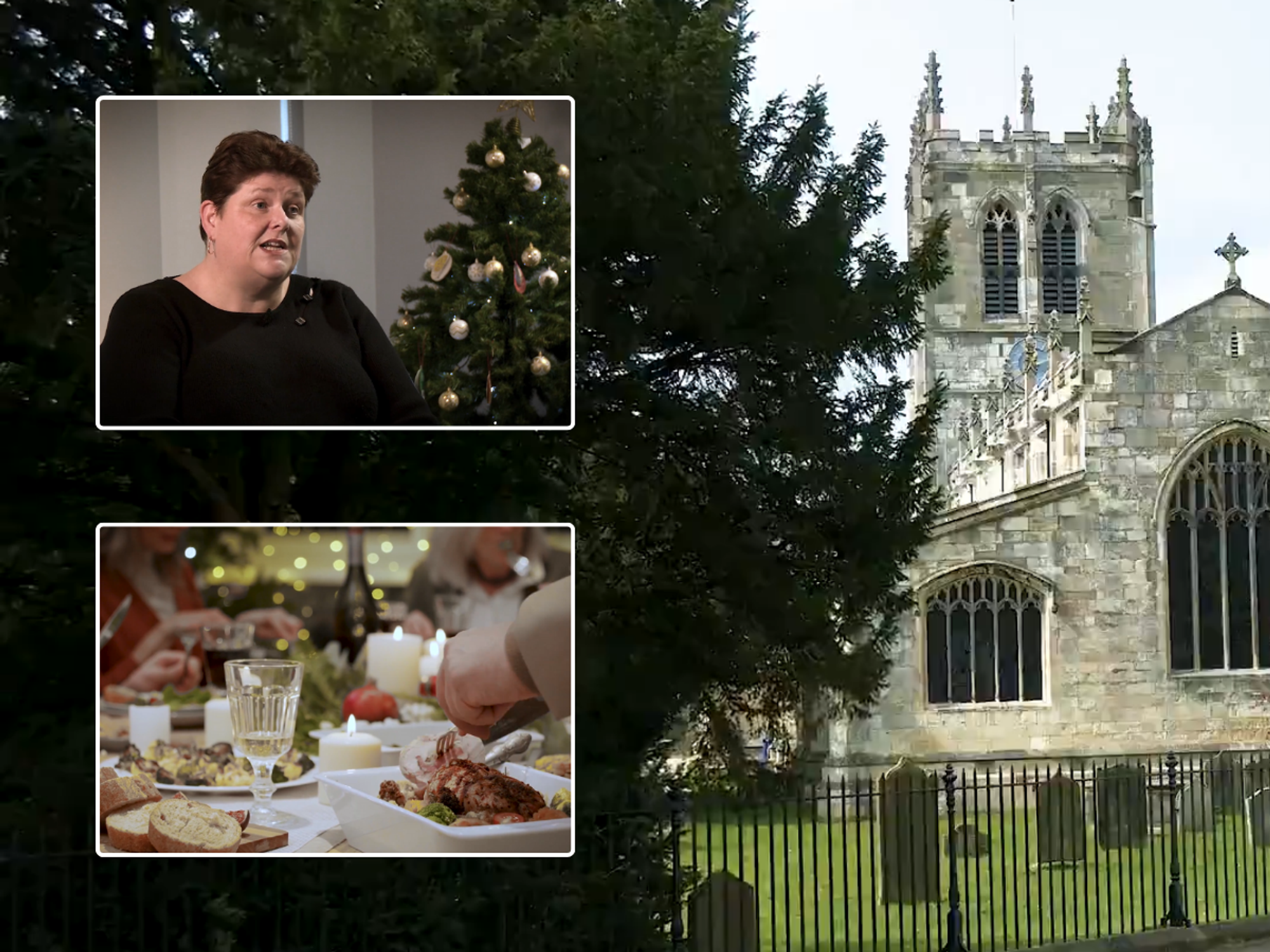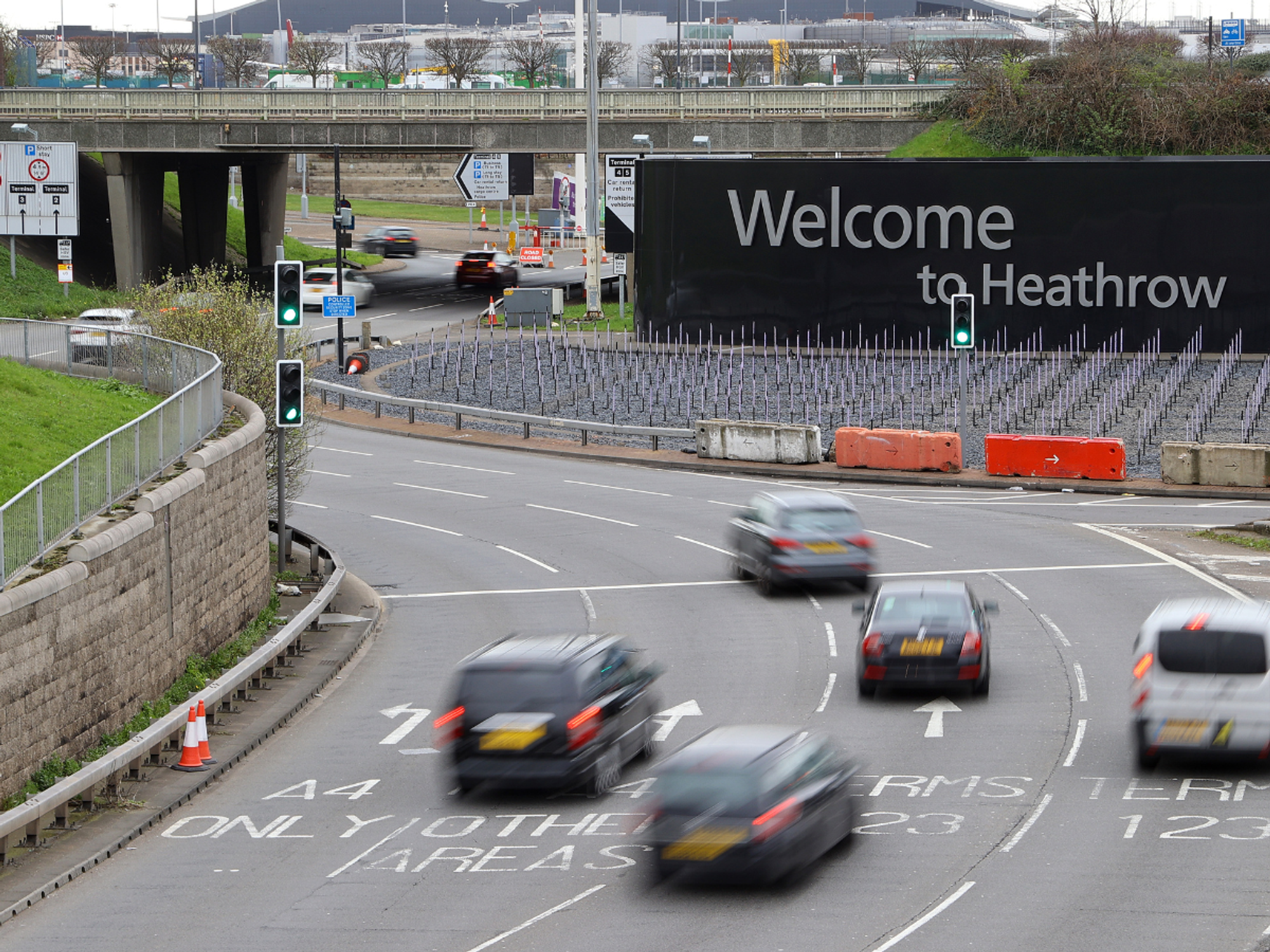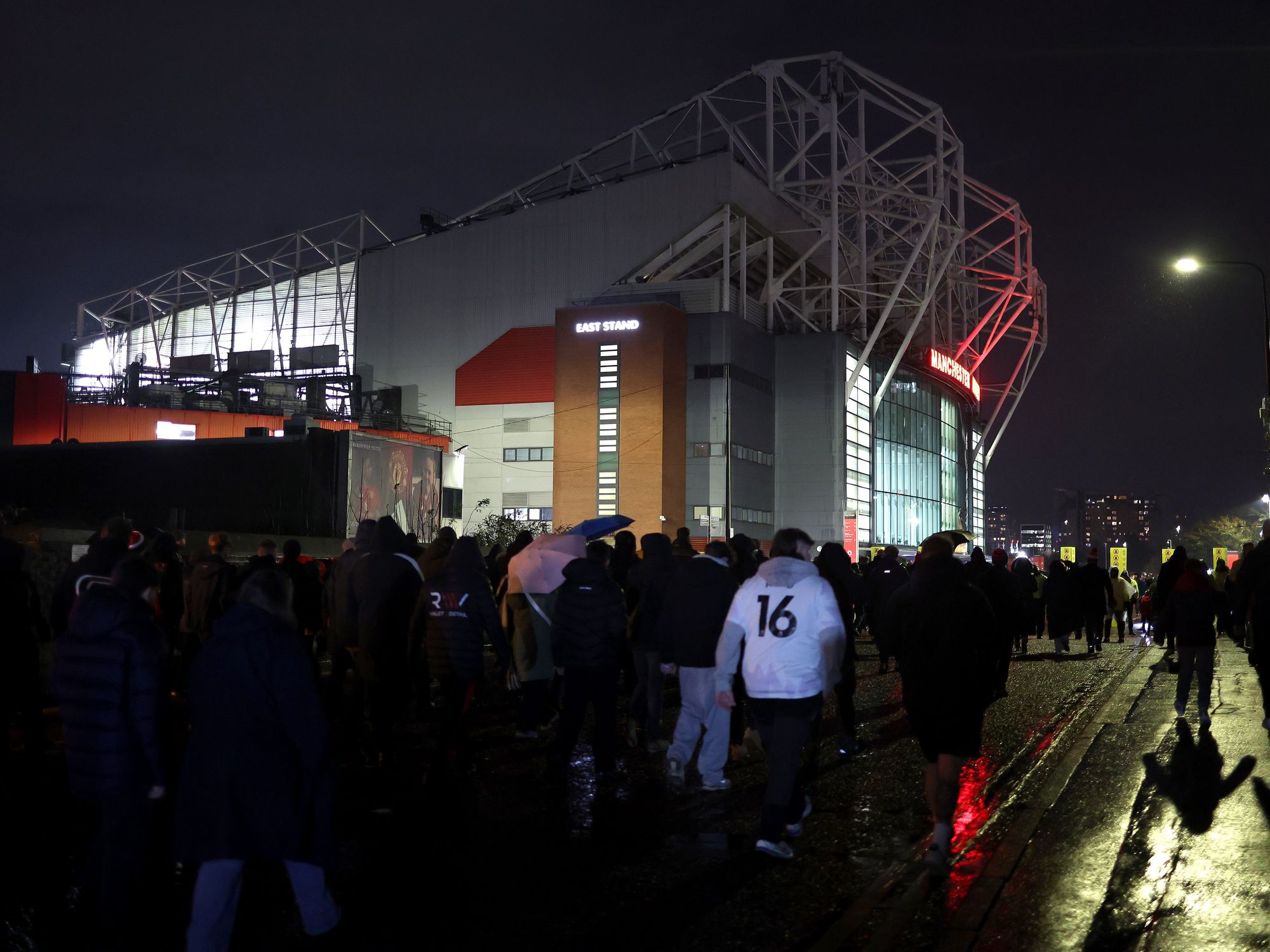Selfish LTNs are just an example of authoritarian politics - George Eustice

New low traffic neighbourhood bollards have been placed in Exeter | PA
George Eustice was formally Secretary of State for Environment, Food and Rural Affairs for the Conservative Party
Don't Miss
Most Read
Latest
During the pandemic, the Government had to take some draconian steps to manage Covid.
Those rules were temporary but the legacy of that era is that some authorities got a taste for taking away people’s liberties.
There is a sort of institutional “long Covid” where some things done in the name of the pandemic seem to linger and stay with us.
We see it in a more authoritarian attitude on some public health agendas and we see it in many of the measures being levelled against motorists.
The Conservatives are right to call time on this. During the pandemic, many of the Royal Parks sneaked in a temporary restriction on cars travelling through their road network. The ostensible idea was to make it easier for cyclists and to prevent overcrowding in parks as people sought to exercise.
However, after the original stated objective expired, something of a sham consultation was held to ensure that those roads remained permanently closed to through traffic.
The result in areas like Bushy Park in Hampton has been a chronic rise in traffic congestion in the surrounding roads with people forced into long detours to reach their destination. All of those idling cars means more air pollution for local residents and, in particular, for children walking to school.
It is a completely counter-productive move which should never have been allowed. Where Low Traffic Neighbourhoods exist, it is usually the case that well-to-do streets with middle class residents living in expensive houses have organised themselves to lobby for the closure of their own roads to outsiders.
Nice for them but the result is that all of the traffic is forced onto other surrounding roads and that leads to chronic traffic congestion and more air pollution for poorer neighbourhoods who often live in rented accommodation and are less able to lobby for their own road to be closed.
It is just not fair and it makes it far harder for the UK to reach its policy objectives of reducing air pollution in urban areas. If you look at the maps where air pollution is greatest, it is where you have congestion on the roads and shutting down roads in major urban areas makes this congestion worse. Some of the Low Traffic Neighbourhood orders create temporary road closures around schools at dropping off and picking up times.
These were sometimes originally done in the name of Covid to apparently make it easier to achieve social distancing at the school gate. However, a lot of them have stayed for reasons that no longer make sense.
It means that parents who drive will often have to park their cars somewhere else displacing the school run traffic problem to other surrounding streets.
I know of at least one example where the Council closed the road outside a primary school and succeeded only in displacing all the traffic to the adjacent road outside the neighbouring infant school where even younger children were put at greater risk.
The UK has made great progress in recent years in reducing air pollution especially nitrogen oxide but also particulate matter (called PM 2.5). Improvements in emissions from new diesel engines and the inexorable rise of electric vehicles will lead to further improvements over the next twenty years.
We don’t need selfish Low Traffic Neighbourhoods to achieve our objectives and, in the short term, they only make matters worse.










